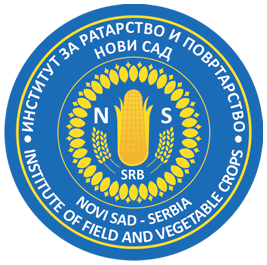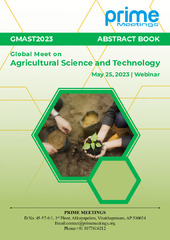Prikaz osnovnih podataka o dokumentu
Effect Long-Term Management System on Soil Weed Seed Bank
| dc.creator | Saulić, Markola | |
| dc.creator | Đalović, Ivica | |
| dc.creator | Oveisi, Mostafa | |
| dc.creator | Božić, Dragana | |
| dc.creator | Vrbničanin, Sava | |
| dc.date.accessioned | 2023-11-21T10:36:16Z | |
| dc.date.available | 2023-11-21T10:36:16Z | |
| dc.date.issued | 2023 | |
| dc.identifier.uri | http://fiver.ifvcns.rs/handle/123456789/4001 | |
| dc.description.abstract | Long-term monoculture has a de-stroying impact on plant production, while crop rotation is known as a more eco-friendly approach as provides diversification in crop management systems, modifies intensive pressure on the agricultural ecosystem, utilizes various soil horizons, and prevents the establishment of specific pests and weeds. The aim of his research was to answer: How management system over 50 years of specific continuous crop management programs (crop rotation and fertilization) effect on weed populations? This study was conducted in the experimental site of the Institute of Field and Vegetable Crops of “Plodoredi”, Rimski Šančevi, Novi Sad, Serbia. | sr |
| dc.language.iso | en | sr |
| dc.publisher | Prime Meetings | sr |
| dc.rights | openAccess | sr |
| dc.rights.uri | https://creativecommons.org/licenses/by/4.0/ | |
| dc.source | Abstract Book, Global Meet on Agricultural Science and Technology (GMAST2023), 25 May 2023, Webinar | sr |
| dc.subject | long-term crop management | sr |
| dc.subject | soil | sr |
| dc.subject | weed seed bank | sr |
| dc.title | Effect Long-Term Management System on Soil Weed Seed Bank | sr |
| dc.type | conferenceObject | sr |
| dc.rights.license | BY | sr |
| dc.identifier.fulltext | http://fiver.ifvcns.rs/bitstream/id/9776/bitstream_9776.pdf | |
| dc.identifier.rcub | https://hdl.handle.net/21.15107/rcub_fiver_4001 | |
| dc.type.version | publishedVersion | sr |


